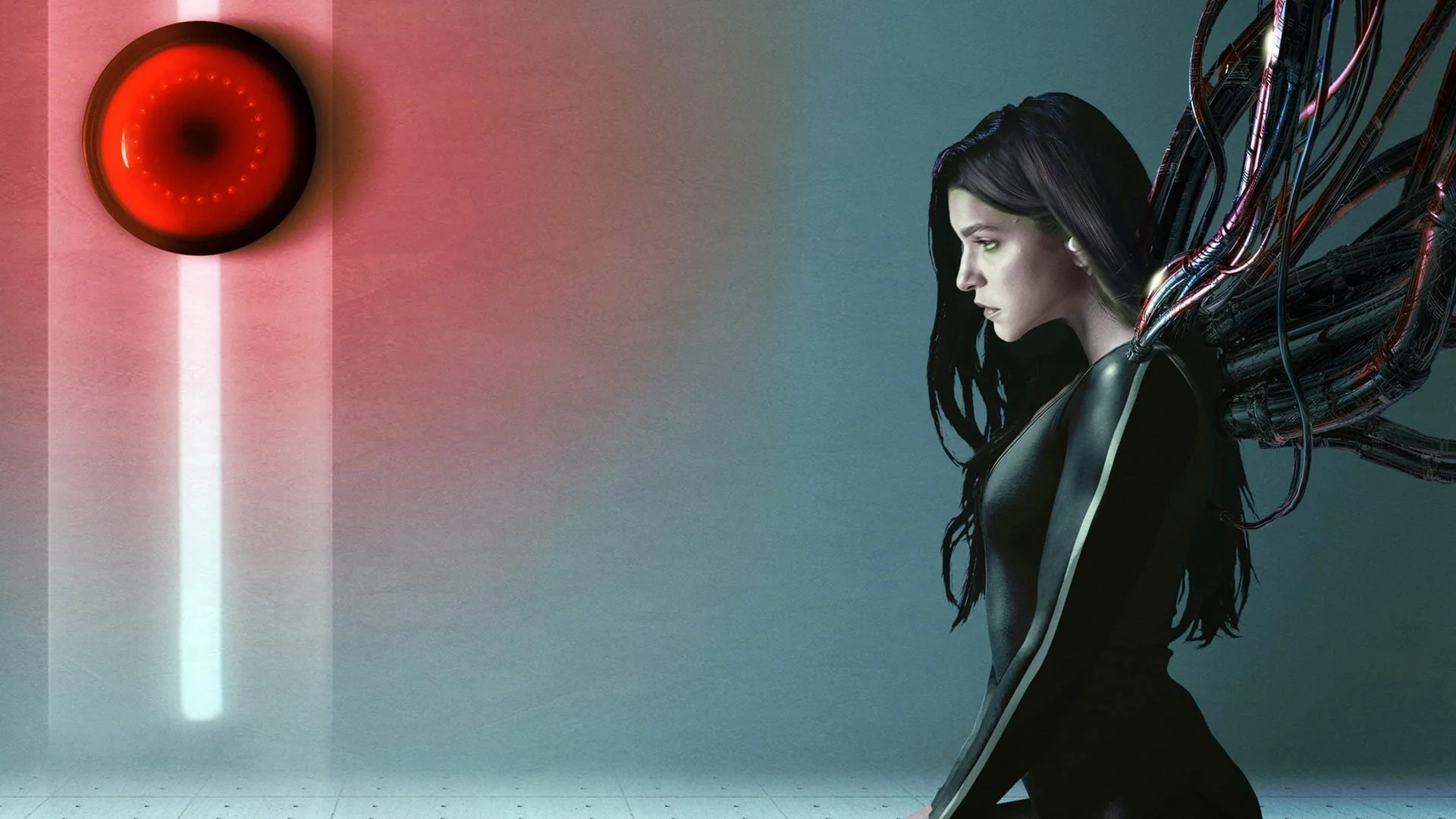Dark Cloud
BLACK MANDALAAs imminent and inevitable the advances of technology are, it is only fair that filmmakers try and incorporate or understand the layer of fear that comes with such rapid enhancement. Black Mirror managed to both overtake everyone and jump the shark before anyone had even a second to strap themselves into their virtual realities and ready themselves for new waves of horror. Those that play catch-up are now marked forever with the inevitably cheap comparison to the Charlie Brooker show. Dark Cloud is marked by it not just because it is a lazy comparison, but because it is a lazy film that, remarkably, shows no signs of deflecting the Black Mirror craze. It would be a refreshing sight to see a feature admit defeat, but Dark Cloud is defeated for different reasons entirely.
A relatively loose style is one of many notable, distinct reasons for Dark Cloud's failure. Had director Jay Ness manoeuvred his feature into a piece that cannot be boiled down to “it’s HAL but homebound and female” then perhaps he would have succeeded. But evidently, that was too much. Such a simple premise is shrouded in horrific special effects that bring a blur and dark colour grade to extremely simple scenes. It is crucial for science fiction to feature strong special effects because they are so intimately reliant on them. To see Dark Cloud squander its chances not just through ill-thought-out writing but evidently, bland cinematography is a marvellous visualisation of a director shooting themselves in the foot.
Because that is, solely, on Ness. The visuals scream of deplorably simple science-fiction stakes. A fully white house and then a relatively poor comedic touch with an automatic car boot show just how reliant and jovial people are in their relationship with technology. What it also shows is that, time and time again, Dark Cloud takes the unreliable, cheap way out. White walls to give a clinical effect are one layer, but to leave the entire exterior of the house and much of the interior barren is the sign of a completely redundant, air-headed trope that has exploded its influence over what could have been an interesting feature. Brittany Benjamin and Emily Atack are drowned out by this horrendous realisation of science-fiction tropes. There was no chance either of them was going to stand out considering how dull the feature can be, both in its scriptwriting and flat tone. They never stood a chance when paired with Ness and this awful desire to turn everything plain.
As incredibly simple a premise Dark Cloud aspires to, it manages to make itself such a dull and groggy experience. Flatlining cinematography that just looks and feels completely empty, coupled with performances that do the bare minimum of storytelling. Ness’ work truly is a bottom-rung addition to the ever-inflating science-fiction boom. Sometimes it is worth sifting through the likes of Dark Cloud to find a Zone 414, but the allure of how easy it is to spook an audience with a “isn’t technology bad” message and a simple swipe of clear and lucid genre tropes is ghastly. Not as ghastly as the awful green screen and special effects that feature, though.


